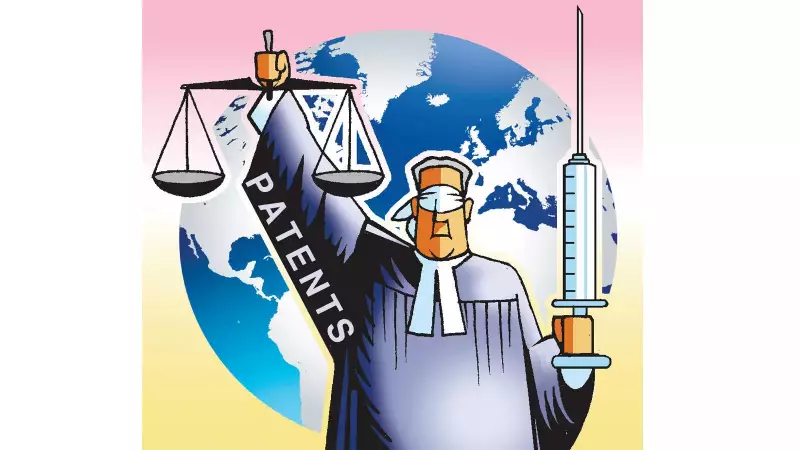
In a groundbreaking development that has sent ripples through the pharmaceutical landscape, India's generic drug manufacturers have secured a crucial legal victory that could reshape the future of affordable medicine production. This court decision represents a significant milestone in the ongoing battle between patent holders and generic drug producers.
The Legal Battle That Could Redefine India's Pharma Industry
The recent court ruling has reinforced the legal framework protecting India's position as the world's leading supplier of generic medications. This judgment comes at a critical time when global access to affordable healthcare remains a pressing concern. The court's decision effectively strengthens the safeguards that allow Indian companies to continue producing life-saving drugs at accessible prices.
What This Means for Global Medicine Accessibility
India's pharmaceutical sector, often called the 'Pharmacy of the World,' supplies over 50% of global vaccine demand and approximately 40% of generic drugs in the United States. This legal reinforcement ensures that:
- Essential medicines remain affordable for developing nations
- Indian manufacturers can continue producing critical drugs without legal hurdles
- The balance between innovation and accessibility is maintained
- Global health initiatives retain a reliable partner in India
The Broader Implications for Healthcare
This legal precedent extends beyond corporate interests, touching the lives of millions who depend on affordable medication. The ruling demonstrates India's commitment to balancing intellectual property rights with public health needs, setting an example for other developing nations facing similar challenges.
The court's decision underscores India's strategic importance in global health security, particularly in the post-pandemic era where drug accessibility has become a central concern for governments worldwide.
Looking Ahead: The Future of Generic Drug Manufacturing
While this legal victory provides immediate relief to the industry, experts suggest it also opens doors for more robust regulatory frameworks. The ruling could inspire similar legal protections in other countries struggling with the balance between patent rights and public health necessities.
This development marks a pivotal moment in India's pharmaceutical journey, reinforcing the country's position as a global leader in making quality healthcare accessible to all economic segments, both domestically and internationally.





